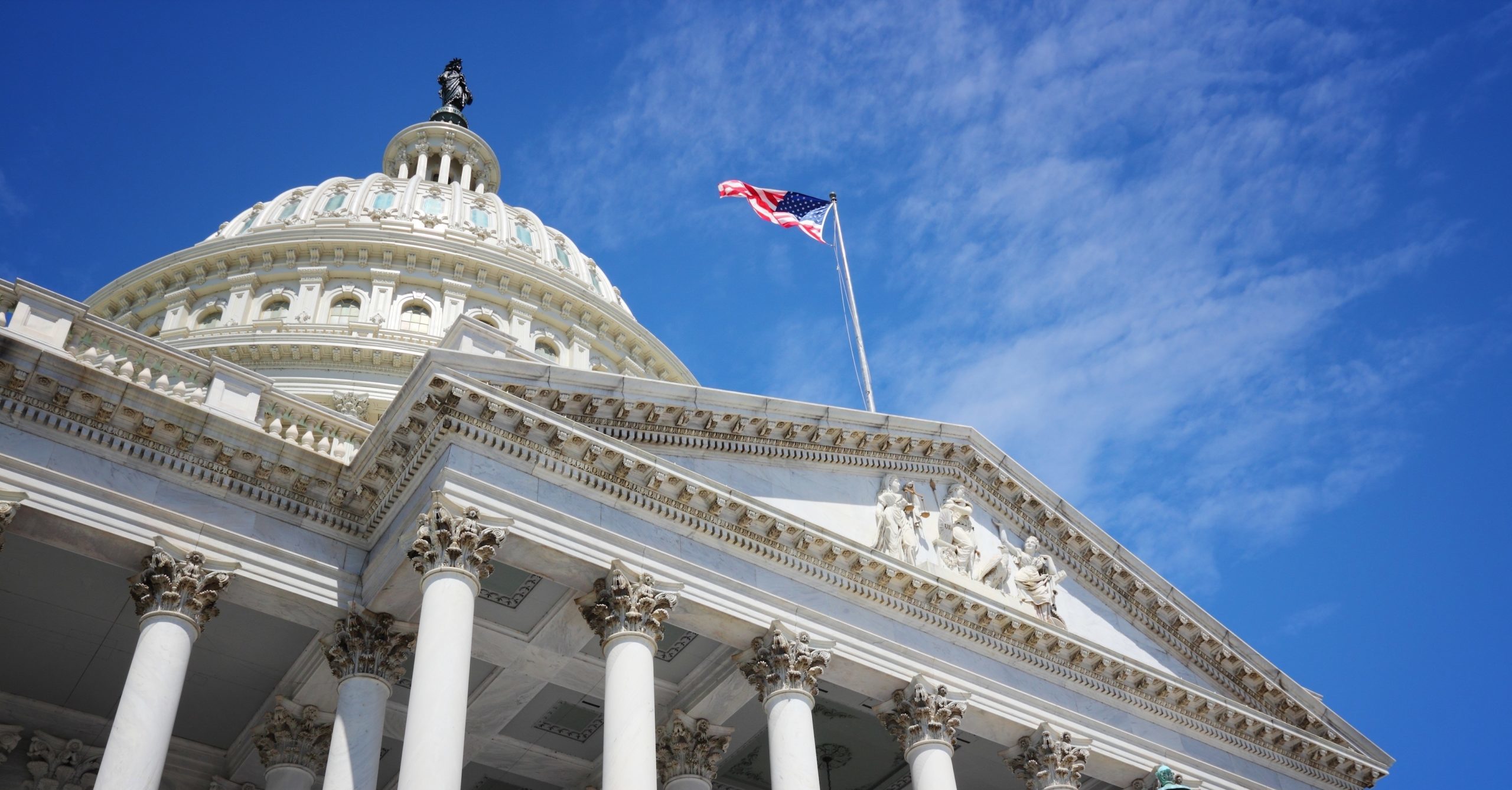

Our Take: Omnibus Overview
By: Allen Pinn, Coordinator, Policy
After months of negotiations between the House of Representatives and the Senate, President Joe Biden signed the $1.7 trillion Consolidated Appropriations Act of 2023 into law. The massive legislation, also known as the omnibus, includes a slew of funding initiatives including continued assistance to Ukraine, national security priorities, food assistance, and notable health care investments. The 2023 spending package includes significant increases in appropriations to several health care agencies. The bill also served as the vehicle for passing a large package of provisions that Congress had worked on but not passed earlier in the year that are important to patients. Below are health care highlights from the 2023 spending package.
Health Care Highlights
Appropriations
The 2023 federal spending package included significant increases in the budgets of federal agencies designated to improve the health of Americans. The National Institutes of Health received a 5.6% increase in their budget from the previous year, which will be used to research an assortment of health conditions such as certain cancers and Alzheimer’s disease. The Centers for Disease Control and Prevention garnered $9.2 billion (a 9.5% increase), the bulk of which will be allocated towards public health activities such as strengthening public health infrastructure. Finally, the Food and Drug Administration was allocated $6.56 billion, an increase of 5.6% from fiscal year 2022, which will fund FDA programs such as the orphan products grants program, supporting the development of medical products for individuals living with rare diseases.
FDA Provisions
Established in 1992, the accelerated approval program allows drugs that treat serious conditions to be approved in an expediated process. Under the 2023 omnibus package, the accelerated approval process has been modernized. The accelerated approval process will require that the Food and Drug Administration (FDA) establish a coordinating council within the FDA, require manufacturers to submit reports on post-approval studies, and set enrollment goals.
Diversity in clinical trials has been a major priority for the NHC and patient advocates. The 2023 fiscal year budget includes requirements that the FDA modernize clinical trials by diversifying trial participation and engagement. Under the omnibus, drug manufacturers will be required to file diversity action plans in phase three of drug trials. The only exception made under this rule is for drugs that are for individuals with rare diseases, where diversity may be more difficult to obtain.
Another important provision was the inclusion of guidelines for communication between manufacturers and payors before FDA approval of products. The updated guidelines will shorten the time between when products are approved and available to patients.
Medicaid and Children’s Health Insurance Program (CHIP)
Several significant developments were made under the omnibus regarding Medicaid and the Children’s Health Insurance Program (CHIP). Currently, states are required to delay the process of reviewing individuals’ eligibility for Medicaid and CHIP and potentially removing them from the rolls during the pandemic. Under the new legislation, Medicaid redeterminations for states will begin April 1, 2023, with states having up to one year to complete redeterminations. Medicaid funding will also be extended to the U.S. territories of American Samoa, the Commonwealth of the Northern Mariana Islands, Guam, Puerto Rico, and the U.S. Virgin Islands.
The bill would also permanently require states to provide 12 months of continuous Medicaid eligibility to newborns and give states the option to provide 12 months of continuous post-partum eligibility to new mothers.
In addition to these expansions of the Medicaid program, CHIP will be extended through 2029.
Mental Health and Substance Abuse Care
The mental health and substance use crises have garnered attention from both sides of the political aisle. The 2023 omnibus takes aim at mitigating these simultaneous crises. Improvements in mental health and substance use care include expanded access to maternal mental health care, Community Mental Health Service Block Grants, Treatment and Recovery Block Grants, reauthorization of the National Suicide Prevention Lifeline Program, expanded patient access to opioid addiction medications such as buprenorphine. In addition, the omnibus strengthens mental health parity to local and state government workers, which has been a priority for mental health care advocates.
Pandemic Preparedness
The pandemic preparedness measures in the omnibus, derived from the Prepare for and Respond to Existing Viruses, Emerging New Threats (PREVENT) Pandemics Act. Measures from the PREVENT Act included in the omnibus include establishment of the White House Office of Pandemic Preparedness and Response Policy, reauthorization of the public health loan repayment program, and a $1.5 billion investment in the Advanced Research Projects Agency for Health (ARPA-H). A separate entity of the National Institutes of Health, ARPA-H, was founded to enhance the government’s ability to perform biomedical and health research.
Telehealth
Since the onset of the COVID-19 pandemic, telehealth has risen as a pivotal piece in making health care more accessible. The 2023 funding legislation includes telehealth flexibilities for Medicare beneficiaries through December 31, 2024. Previously, telehealth flexibilities were set to expire 151 days after the end of the COVID-19 Public Health Emergency. This additional time will give policymakers the opportunity to craft permanent policy to shape telehealth’s future role in the health care system.


